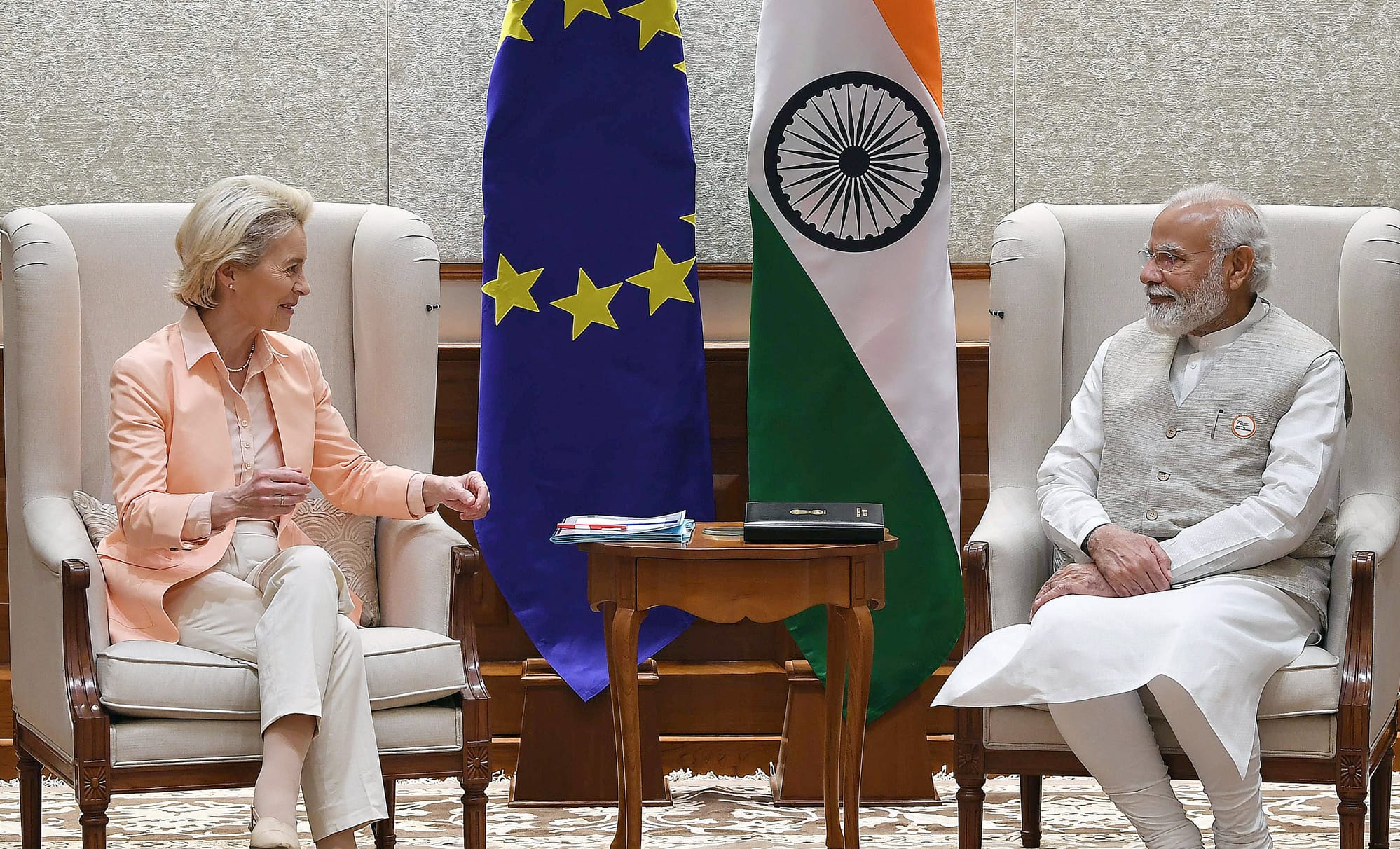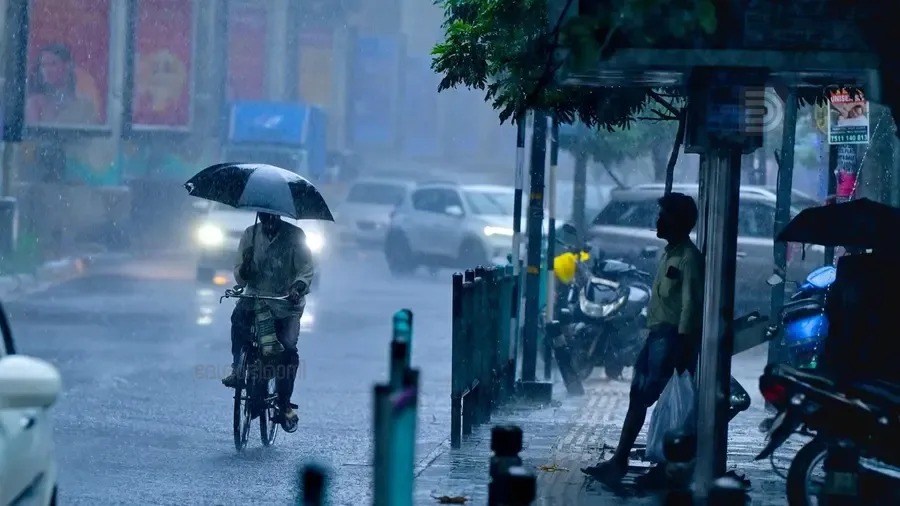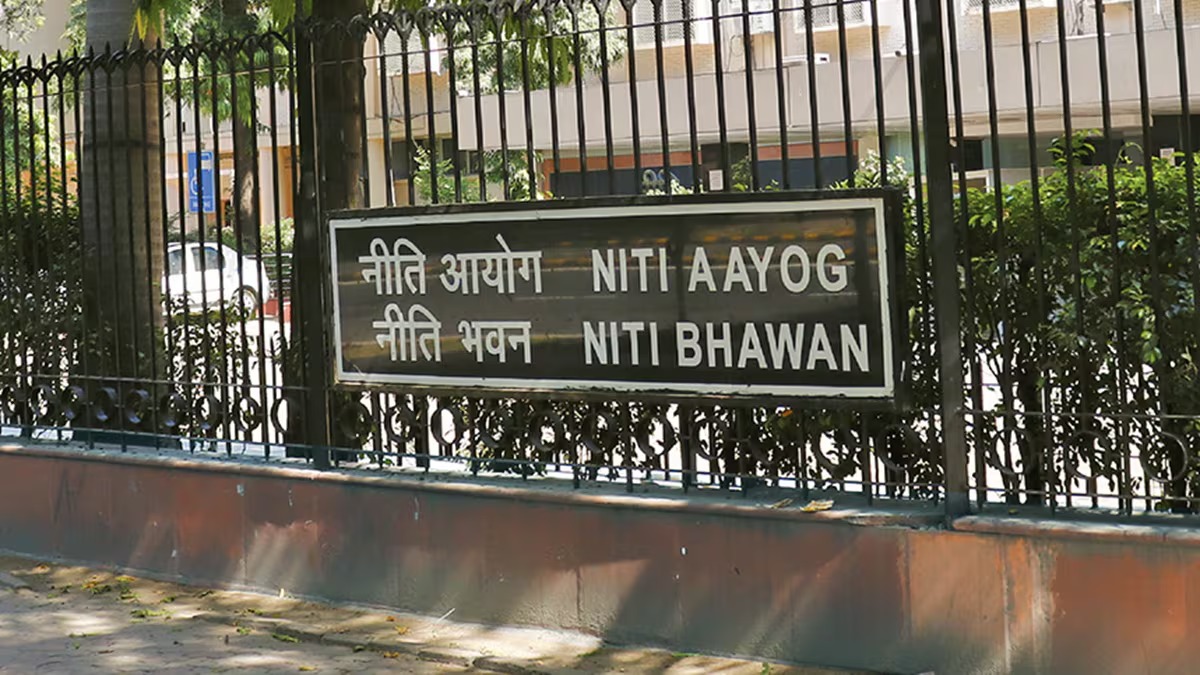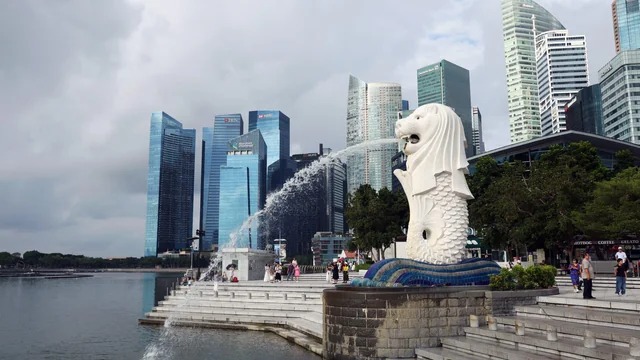In a week of high-stakes diplomacy and economic negotiation, the Government of India has reiterated its unwavering commitment to safeguarding the interests of farmers, small businesses, and fishermen in all ongoing and future trade discussions. This assurance comes as a European Union trade delegation arrives in New Delhi for a fresh round of negotiations aimed at finalizing a long-pending India-EU Free Trade Agreement (FTA). Simultaneously, India is preparing to finalize the terms of reference for a proposed trade deal with Qatar, expected to be completed by October 2025, according to senior government sources.
India’s Protective Stance in Trade Talks
A senior official from the Ministry of Commerce emphasized that India’s trade policy remains rooted in inclusive growth and national interest. “India will not compromise on the livelihoods of its farmers, small traders, and coastal communities. These groups form the backbone of our economy, and their protection is non-negotiable in any trade agreement,” the source stated.
This stance is particularly relevant as India navigates complex negotiations with the EU, where contentious issues such as agricultural tariffs, market access, and rules of origin are on the table. The government’s position is expected to influence the tone and outcome of the talks, especially in sectors like dairy, wine, and fisheries, which are sensitive for both sides2.
EU Delegation Lands in New Delhi
A high-level delegation from the European Commission, led by Trade Chief Maros Sefcovic and Agriculture Commissioner Christophe Hansen, arrived in New Delhi this week to kick off the 13th round of negotiations for the India-EU FTA. The discussions are part of an accelerated effort to conclude the agreement by the end of 2025.
The EU is India’s largest trading partner, with bilateral trade in goods reaching $135 billion in FY 2023–242. The current round of talks will focus on resolving long-standing differences over non-tariff barriers, public procurement, and carbon border adjustment mechanisms. The EU delegation is expected to meet with Commerce Minister Piyush Goyal and Agriculture Minister Shivraj Singh Chouhan to iron out sector-specific concerns.
Beyond trade, the two sides are also working on a new strategic vision for India-EU relations, which includes enhanced cooperation in defense, climate change, and technology. This vision is expected to be unveiled on September 17, ahead of the India-EU Annual Summit scheduled for early next year.
India-Qatar Trade Deal Framework in Sight
In parallel, India is preparing to finalize the terms of reference for a proposed trade agreement with Qatar, a key Gulf partner. According to government sources, the framework is likely to be completed by October 2025, paving the way for formal negotiations on a Comprehensive Economic Partnership Agreement (CEPA).
India and Qatar have already set ambitious goals to double bilateral trade from $14 billion to $28 billion by 2030, with a focus on sectors such as energy, infrastructure, technology, and food security. The upcoming trade deal is expected to streamline tariffs, enhance investment flows, and strengthen cooperation in counter-terrorism and cybersecurity.
Qatar has also committed to investing $10 billion in India, particularly in logistics, hospitality, and financial services, further deepening the economic ties between the two nations.
Strategic Implications
India’s dual-track engagement with the EU and Qatar reflects its broader strategy to diversify trade partnerships and reduce dependency on any single bloc. With global trade dynamics shifting—especially in light of US tariffs and geopolitical tensions—India is positioning itself as a resilient and attractive destination for investment and collaboration.
The government’s emphasis on protecting vulnerable sectors while pursuing ambitious trade goals underscores a nuanced approach: one that balances economic liberalization with social equity.
Sources: India Today, The Hindu, LiveMint, Economic Times, TarunIAS







